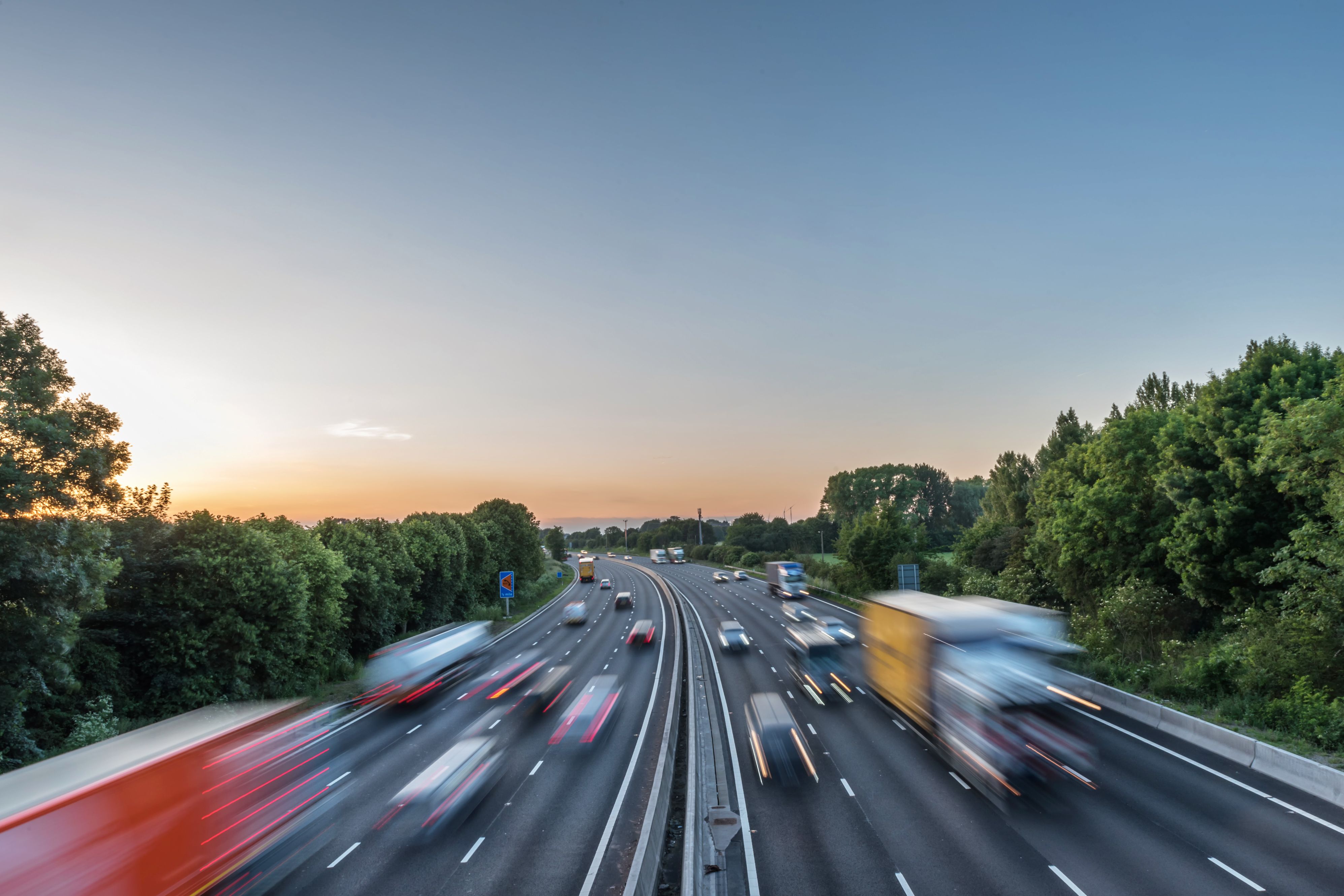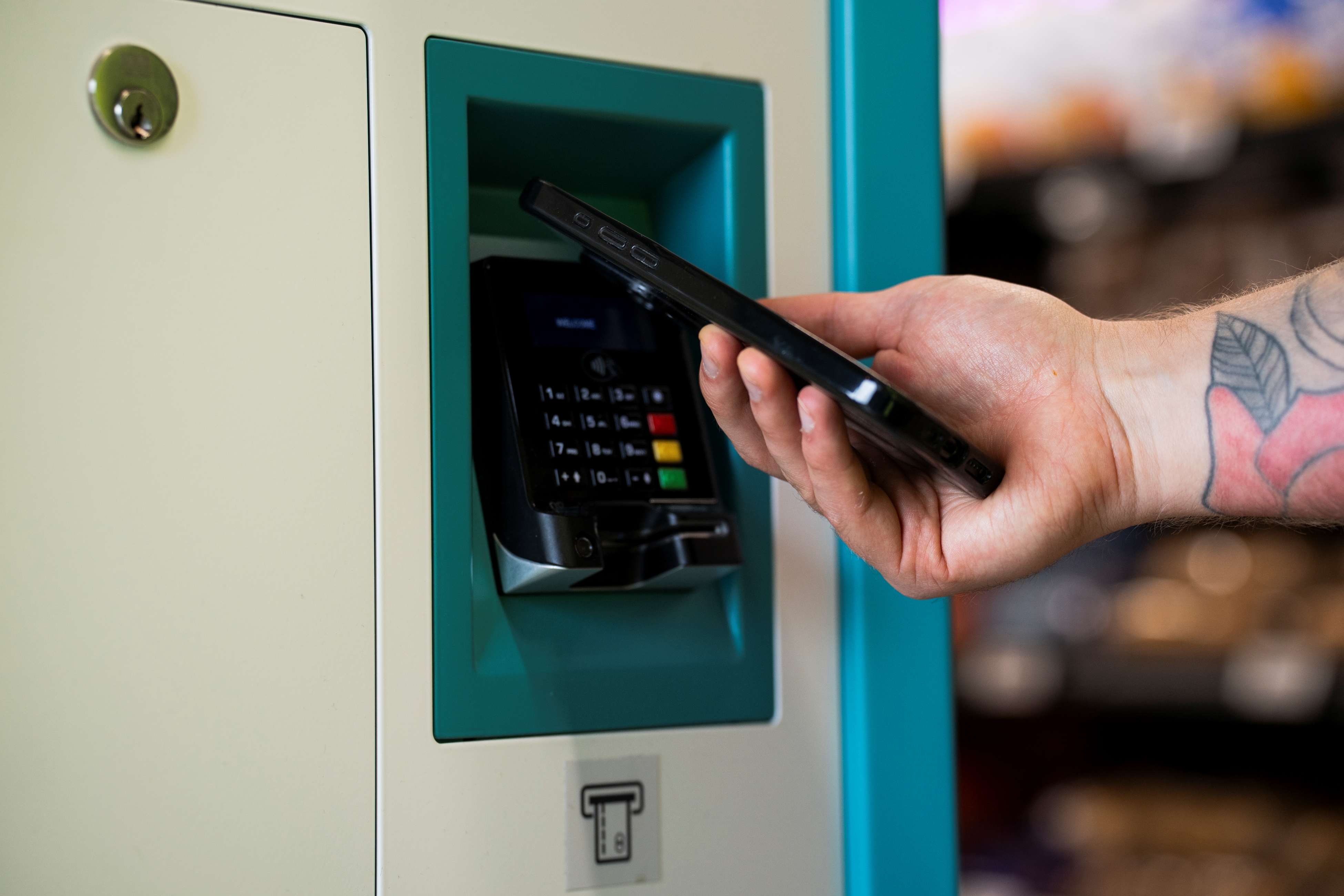
Miranda Blake
Ako môže logistický priemysel zabezpečiť bezpečnosť a pohodlie pre európskych vodičov nákladných vozidiel
Vytvorené: 08. 01. 2025
•
Aktualizované: 08. 01. 2025
Zavedením nových predpisov, využívaním technológií a snahou o blaho vodičov môže logistický priemysel pracovať na bezpečnejšej budúcnosti pre vodičov nákladných vozidiel a zároveň podporovať pohodlie.
Ale ako sa to všetko presne realizuje? Čítajte ďalej a dozviete sa to...
Informovanosť o nebezpečných európskych diaľniciach
V minulosti sme uskutočnili výskum, ktorý poukázal na najnebezpečnejšie cesty v Európe, pričom sme zistili, že krajiny ako Bulharsko a Česko majú najvyšší priemerný počet úmrtí na 10 000 kilometrov cestnej siete.
Táto analýza má zásadný význam pre pochopenie toho, kde sú riziká najväčšie, a poukazuje na potrebu cielených zásahov na zvýšenie bezpečnosti. Vyzbrojení týmito dôležitými informáciami sa vodiči môžu lepšie pripraviť na svoje cesty a informovane sa rozhodovať o svojich trasách a odpočívadlách.
Úloha technológie pri zvyšovaní bezpečnosti
Kľúčový význam má aj inteligencia získaná prostredníctvom inovácií, ako sú navigačné systémy GPS, aktualizácie dopravných informácií v reálnom čase a pokročilé asistenčné systémy vodiča (ADAS). Takýto technologický pokrok nielenže poskytuje dôležité údaje o stave ciest, ale tiež pomáha vodičom nákladných vozidiel robiť kvalifikované rozhodnutia o ich cestách. Systémy GPS môžu napríklad navrhnúť alternatívne cesty, ktoré sa vyhnú potenciálne nebezpečným oblastiam, zatiaľ čo aktualizácie dopravných informácií môžu upozorniť na meškania alebo nehody, ktoré sa môžu stať. Vodiči tak môžu lepšie optimalizovať svoje cesty.
Okrem toho im aplikácie ako intruck ponúkajú prístup k podrobným informáciám o zastávkach pre nákladné vozidlá v celej Európe, vďaka čomu môžu nájsť vhodné miesta na odpočinok - to je obzvlášť výhodné pre tých, ktorí cestujú na dlhé vzdialenosti a musia si robiť pravidelné prestávky, aby dodržiavali právne predpisy, bojovali proti únave a udržiavali si sústredenie.
Dôležitosť kvalitného odpočinku
V predchádzajúcich rokoch mnohí vodiči nemali inú možnosť ako tráviť prestávky v kabíne kvôli nedostatku dostupného a cenovo prijateľného ubytovania - a to často viedlo k nekvalitnému odpočinku, ktorý môže mať nepriaznivé účinky na ich zdravie a bezpečnosť.
Oveľa väčší dôraz sa kladie na to, aby si vodiči nákladných vozidiel mohli oddýchnuť vo vhodnom ubytovacom zariadení. Dopravné spoločnosti musia prevziať zodpovednosť za zabezpečenie hotelových pobytov alebo využitie špecializovaných zariadení na prestávky. Hoci to môže znamenať dodatočné náklady, predstavuje to príležitosť investovať do pohody zamestnancov, čo v konečnom dôsledku vedie k vyššej miere spokojnosti s prácou a jej udržaniu.
Implementácia ubytovacích riešení
Aby prevádzkovatelia vozových parkov dodržiavali predpisy, zmiernili riziká spojené s únavou a zvýšili celkovú bezpečnosť svojich vodičov, môžu zvážiť nasledujúce prístupy:
● Nadviazanie spolupráce s miestnymi hotelmi alebo zariadeniami na odpočívadlách môže vodičom zabezpečiť prístup k pohodlnému miestu na oddych.
● Využívanie aplikácií a online platforiem môže vodičom nákladných vozidiel pomôcť pri vyhľadávaní miest na pobyt v okolí, zjednodušiť proces a zvýšiť celkovú efektívnosť.

Ako SNAP podporuje vodičov nákladných vozidiel
SNAP mení pravidlá hry pre subjekty v tomto sektore a ponúka digitálne riešenia, ktoré uprednostňujú bezpečnosť a pohodlie. Vozové parky a vodiči nákladných vozidiel majú teraz prístup k rozširujúcej sa sieti služieb navrhnutých tak, aby boli cesty plynulejšie a bezpečnejšie.
Digitálne pohodlie
Základom našej ponuky je digitálne trhovisko, ktoré zjednodušuje rôzne aspekty:
● Platby: SNAP, ktorý sa v celej Európe používa každých 13 sekúnd na platbu za služby na odpočívadlách, eliminuje potrebu vodičov nákladných vozidiel míňať z vlastného vrecka a neskôr si uplatňovať výdavky.
● Parking: intruck pomáha vodičom vyhľadať a vopred rezervovať parkovacie miesta na ich trasách, pričom mnohé z nich majú vylepšené možnosti zabezpečenia na zvýšenie bezpečnosti.
● Zjednodušené služby: Naša platforma umožňuje vodičom nákladných vozidiel platiť za parkovanie, umývanie a iné služby len pomocou evidenčného čísla ich vozidla.
Bezpečnosť na prvom mieste
To pre nás zostáva najvyššou prioritou. Nedávno sme rozšírili našu sieť o pracoviská v Rakúsku, Bulharsku, Česku, Grécku, Maďarsku, Taliansku a Rumunsku. Mnohé z nich majú zlepšenú bezpečnostnú infraštruktúru, čím riešia kritickú potrebu bezpečného nočného parkovania.
Navyše máme špecializovanú divíziu SNAP Access & Security, ktorá poskytuje riešenia na mieru, ktoré chránia priestory pred hrozbami trestnej činnosti v nákladnej doprave a zvyšujú celkovú bezpečnosť vodičov a nákladu.
Pohľad do budúcnosti so SNAP
Vodiči nákladných vozidiel sú s našimi riešeniami mimoriadne spokojní. V skutočnosti 80 % vodičov, s ktorými sme sa rozprávali na podujatiach v Spojenom kráľovstve, uprednostnilo SNAP pred inými platobnými metódami a 74 % európskych kamionistov vyjadrilo želanie, aby sa k našej sieti pripojilo viac servisných partnerov.
Keďže našu sieť a riešenia neustále rozširujeme a vyvíjame, európski vodiči nákladných vozidiel sa môžu tešiť na ďalšie možnosti, ktoré im prinesú vyššiu bezpečnosť, pohodlie a efektivitu na cestách. Riešením kľúčových problémov, ako je bezpečné parkovanie a zjednodušené platby, pripravujeme cestu pre prepojenejší a solidárnejší priemysel nákladnej dopravy v celej Európe.
Ak sa chcete dozvedieť viac o SNAP, kontaktujte náš priateľský tím na čísle +44 (0)1603 777242.


